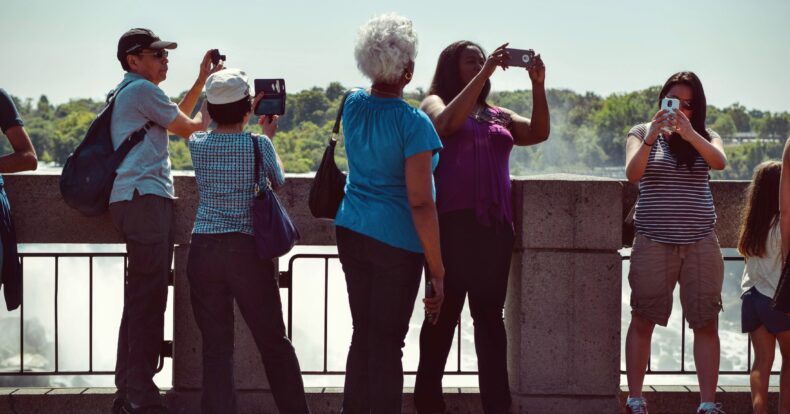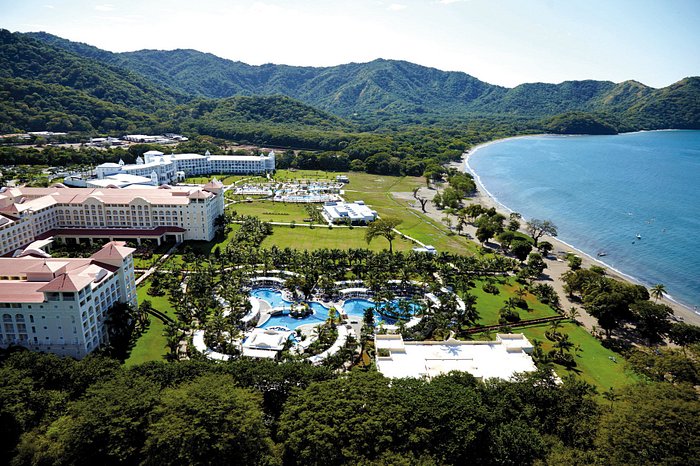Displacement and High Cost of Living: The Challenge of Coexistence

Displacement and the high cost of living emerge as the most pressing challenges in Latin America’s coastal communities. The arrival of tourists and migrants from various parts of the world has significantly changed the structure of these communities, often leading to a dramatic shift in the quality of life for local residents.
Displacement of the Local Population

The arrival of European, North American and Israeli immigrants to several Pacific coast cities has displaced local residents, who now face a high cost of living. This phenomenon is not unique to Latin America, but is a global problem. However, the increase in foreign direct investment (FDI) in Latin America and the Caribbean, which reached a record $224.579 billion in 2022, may exacerbate this problem.
One of the most notable aspects is the local displacement from their place of origin. Rising demand and speculation inflated housing prices, displacing low-income residents from their long-time homes. This not only results in losing roots and traditions but also disperses communities crucial to local identity.
Often, the displaced must relocate to remote, underdeveloped areas, disconnecting from their cultural and social roots. Limited access to high-paying jobs in these peripheries can lead to a significant decline in displaced individuals’ quality of life.
Impact on Community Co-existence

Displacement is not the only negative effect of the influx of tourists and migrants. The rising cost of living has also generated significant tensions in relations between newcomers and local inhabitants. As prices for basic goods and services, such as food and housing, skyrocket due to demand from new residents and visitors, many local families are facing economic hardship.
These tensions can lead to increased conflict and polarization within communities. The sense of displacement and marginalization among local inhabitants can generate resentment towards migrants and tourists, which in turn can negatively affect coexistence and social harmony.
Protecting Local Communities
To address this coexistence challenge, it is essential that governments and local authorities implement policies that protect the rights of local communities. This could include regulating foreign investment in the real estate sector, promoting affordable housing for local residents, and implementing measures to curb the rise in the cost of living.
In addition, promoting open and constructive dialogue between local inhabitants, tourists and migrants can help reduce tensions and foster peaceful and enriching coexistence. Among other things, this could include cultural exchange programs, community events and activities that promote mutual understanding and respect for cultural differences.
While FDI can bring benefits to a country, it can also lead to displacement of the local population and a higher cost of living. Policies are needed to steer it towards activities supporting inclusive development, quality employment, environmental sustainability, innovation, and technological advancement.
A balance must be struck between attracting foreign investment and protecting the rights and welfare of local communities.
Sensorial Sunsets
Navigate articles




